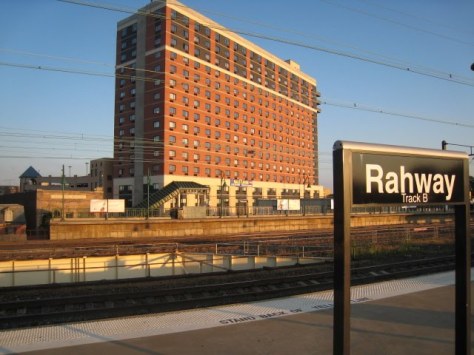I’ve been meaning to post about this for a few weeks but it’s gone through a number of drafts trying to avoid getting bogged down in a lot of numbers. There haven’t been many meetings the last couple of weeks, so now is as good a time as any.
During the budget process this year, city officials boasted about the increase in “net valuation taxable.” That’s basically the value of the entire city when it comes to taxing property and it rose $10 million, or about 0.67 percent, to $1.517 billion. The bulk of the $10-million hike was attributed to several projects. City officials provided this breakdown of main additions to the tax rolls for 2007, with the following improvement values added to existing land assessments:
Riverwalk [32 units] $4,930,800
Best Western Motel (Route 1), $2,149,600
Mini-U-Storage [partial assessment], $1,223,600
Quick Chek (Route 1), $523,000
Sterling Place [three homes] $477,100
Luciano’s [14 apts, partial assessment], $199,300
Subtotal $9,503,400
Those figures are strictly for building improvements and don’t include the separate land assessments. The partial assessments are just that, as they weren’t completely done at the time assessments were made. What’s it all mean for taxpayers? Well, the idea is to keep the valuation going up so there’s more places from which to collect taxes.
For instance, when completed, Riverwalk is expected to be assessed at more than $14 million. Under the 2008 budget, with a municipal tax rate of $1.713 per $100 of assessed value, that would have equaled about $250,000 in municipal property taxes. [Don’t forget, there’s also the county tax rate (about a 1/4) and school board tax rate (1/2) that make up the total property taxes.]
Does that mean taxes go down for everyone else? Ideally perhaps, but this year’s increase was eaten up within the municipal budget. Tax Assessor Bill Marbach estimated that without the $10-million rise in the assessed values, the tax rate might have gone up about 3 cents rather than remaining the same this year. For an average assessed home in Rahway ($133,000), a 3-cent hike in the tax rate would have meant $40 [$0.03 x ($133,000/100) = $39.9 — got that?]. For a home assessed at $500,000, the effect would be closer to $150 [$0.03 x ($500,000/100) = $150].
New developments and properties will add to the tax rolls but won’t they also in theory put more pressure on services, like the Police Department? When I posed that question to City Administrator/Redevelopment Director Peter Pelissier earlier this year, he said he doesn’t expect to hire more cops, but instead use the existing squad more efficiently.
Four new police officers were sworn in earlier this year, replacing retiring officers, with another expected this summer that will bring the police force to its full complement of 80. The city last summer approved a new seven-year contract (through June 2013) with PBA Local 31, which represents Rahway police officers.
Under the agreement, officers are scheduled to receive 4-percent annual pay hikes, but new hires also will begin to contribute to health benefits, be enrolled in a Point Of Service health plan, and no longer receive longevity pay. The clothing allowance was raised to $1,000. The starting salary as of July 2007 was $33,280 and by 2012 will be $40,490.
Like this:
Like Loading...



